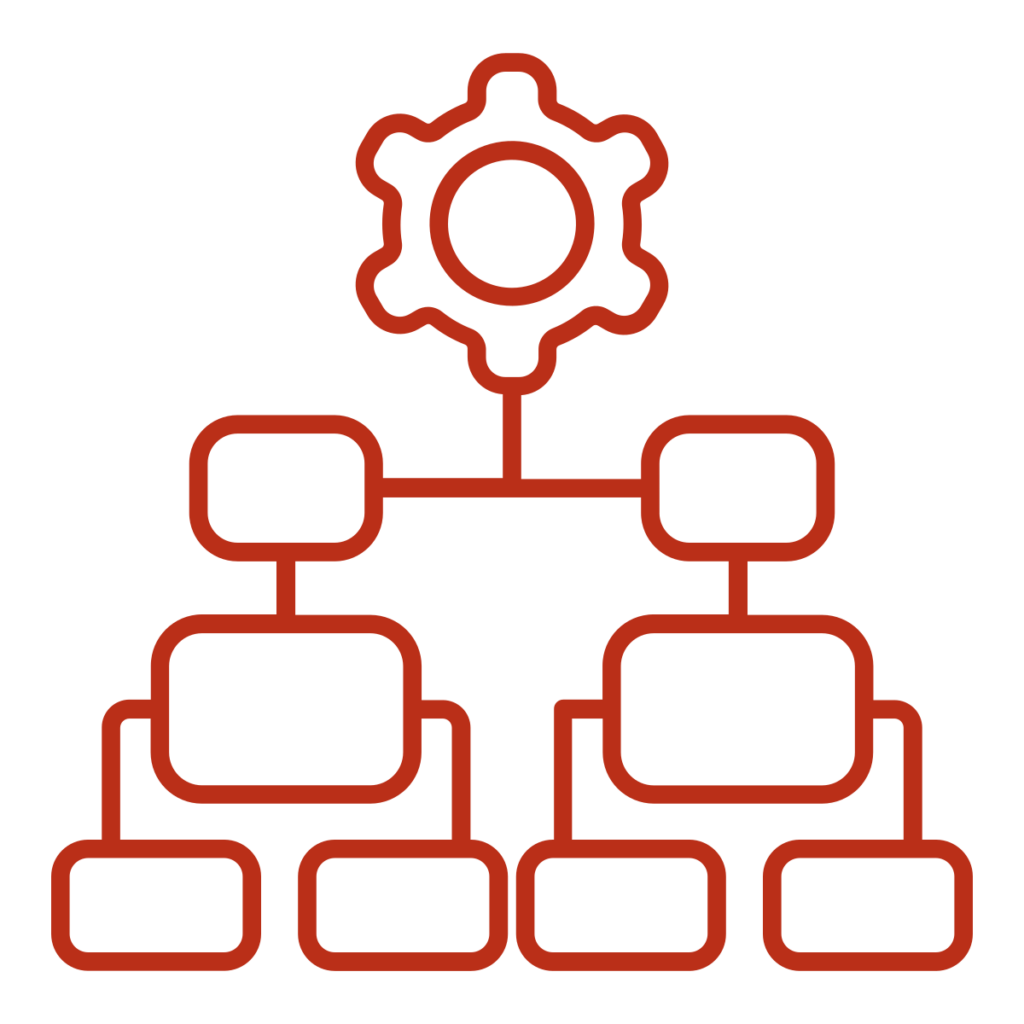Behind Every Intervention, a Dedicated Team
Built for Impact
Our work is complex—but our structure is clear. SCR is organized into nine departments, each with a distinct role but working closely together to deliver results across all operations. From frontline health service delivery to logistics, finance, and evaluation, these departments form the backbone of our humanitarian response.
Each one is staffed by professionals who bring a deep understanding of the region, the needs, and the responsibility that comes with delivering essential care in fragile contexts.

The Health Department leads the delivery of SCR’s medical services, including trauma care, maternal and child health, chronic disease management, and communicable disease control. Working under challenging conditions, this team ensures that essential and secondary healthcare is accessible, safe, and effective for conflict-affected populations.
Medical staff, technical advisors, and clinical supervisors collaborate to maintain quality of care, implement protocols, and train frontline personnel. The Health Department also works with the Operations team to ensure that supplies, pharmaceuticals, and medical equipment are procured and distributed effectively. Whether through static facilities like ŞÎLÊR Hospital or mobile outreach teams, this department lies at the heart of SCR’s humanitarian mission.
The Programs Department serves as the engine room of SCR’s humanitarian work. It is responsible for the design, planning, and oversight of all project interventions—ensuring that each program is grounded in evidence, shaped by needs assessments, and aligned with SCR’s overall strategic objectives.
This team works closely with the Health, MEAL, and Grants departments to ensure that programming remains responsive and relevant. By regularly consulting with local communities and partners, the Programs Department ensures that activities reflect the lived realities of those we serve. It also drives innovation and adaptation, adjusting programs to match evolving humanitarian and public health needs in North and East Syria.
This department bridges SCR’s internal teams with the broader ecosystem of donors, partners, and institutional collaborators. It leads on identifying funding opportunities, writing proposals, developing concept notes, and ensuring that grants are strategically aligned with SCR’s mission.
Beyond fundraising, the department plays a strategic role in shaping partnerships that go beyond funding—whether through technical collaboration, joint programming, or coordinated response efforts. It also works closely with the Programs and MEAL departments to ensure that donor reporting is timely, accurate, and backed by measurable results.
As SCR grows, this department supports organizational sustainability by diversifying funding sources and cultivating long-term relationships with key stakeholders.
Monitoring, Evaluation, Accountability, and Learning (MEAL) is an essential pillar of SCR’s operational model. This department is responsible for measuring program performance, gathering feedback from beneficiaries, and translating insights into improved practice.
It implements data collection systems across all service points, analyzing everything from health outcomes to patient satisfaction. The MEAL team facilitates quarterly and annual reviews, supports learning processes across departments, and ensures compliance with both internal standards and donor expectations.
By integrating accountability mechanisms into every stage of project delivery, the MEAL Department ensures SCR remains responsive, transparent, and committed to continuous improvement.
The Operations Department ensures that SCR’s activities are logistically supported, safe, and well-supplied. This team handles procurement, warehousing, movement, facility maintenance, and field support. It also manages the physical infrastructure behind SCR’s projects—such as hospitals, clinics, and offices.
In a region marked by security challenges, unpredictable access, and infrastructure gaps, this department plays a pivotal role in maintaining business continuity. It also oversees the application of security protocols to safeguard staff and assets. The department’s ability to move personnel, supplies, and equipment reliably is what makes service delivery possible—even in volatile settings.
The Finance Department ensures the financial health and accountability of the organization. It is responsible for budgeting, expenditure tracking, financial reporting, and compliance with donor requirements and internal policies.
Working across all departments, this team supports strategic financial planning and risk mitigation while maintaining transparency and control. Whether it’s preparing detailed donor reports, managing multi-currency transactions, or forecasting future costs, the Finance Department plays a critical role in enabling SCR to act quickly, spend responsibly, and report with confidence.
In a high-risk operating environment, the department also ensures that funds can be mobilized rapidly and securely when emergencies arise.
SCR’s HR Department is responsible for building and sustaining a capable, committed, and well-supported workforce. From recruitment and onboarding to training, performance management, and staff welfare, this department is central to maintaining operational continuity in difficult environments.
The team develops and enforces policies that uphold SCR’s values—focusing on fairness, inclusion, and safety. It also facilitates career development and wellness initiatives to prevent burnout and strengthen retention.
Given the security and psychological challenges facing humanitarian staff in NES, the HR Department works closely with Operational Management to ensure staff receive the support they need to perform effectively and sustainably.
This leadership body provides strategic direction, oversees interdepartmental coordination, and ensures that organizational goals are consistently pursued. The Operational Management team includes senior leadership who guide day-to-day decision-making and long-term planning, ensuring that SCR remains aligned with its mission in a changing humanitarian landscape.
Through regular internal reviews, risk assessments, and performance evaluations, this team ensures that SCR adapts proactively to new challenges while maintaining its operational integrity and ethical standards. It also serves as the main point of integration between programmatic work and institutional management.
The Advisory Board brings together technical experts and contextual specialists who provide high-level guidance to SCR’s leadership. While not involved in daily operations, board members offer valuable insight on strategic decisions, program design, risk management, and external positioning.
Their diverse backgrounds—spanning public health, humanitarian policy, security, and organizational development—allow SCR to benefit from a broader perspective while remaining rooted in local realities. The board’s role is especially important in shaping new initiatives, stress-testing assumptions, and ensuring that SCR’s growth is principled and well-informed.
